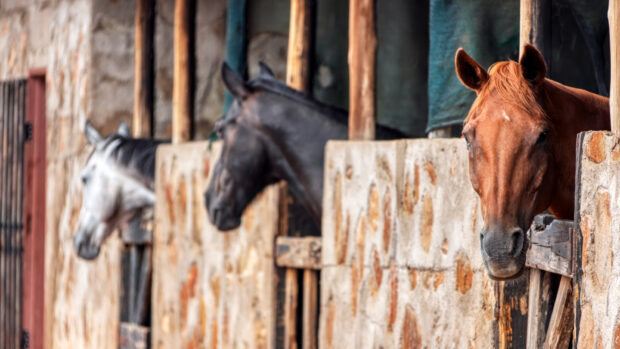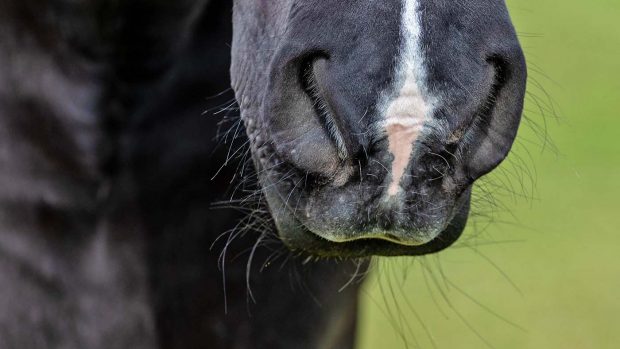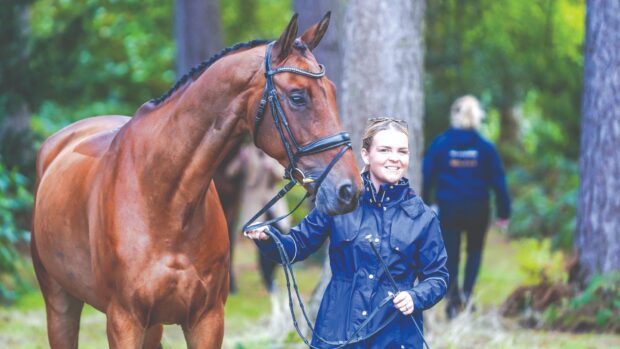British Dressage (BD) has released its first set of figures under its equine welfare action plan, fulfilling a commitment made at the 2024 AGM to increase transparency around horse welfare in dressage competitions.
Although the FEI publishes a public list of yellow cards naming the riders and events involved, BD has opted instead to share annual summary data. The figures, presented at this year’s AGM, cover all welfare-related cases, which are handled confidentially.
BD does not currently maintain a public register of suspensions, even though at the 2024 AGM, the organisation said it was exploring a formal yellow-card warning system of its own for minor offences.
Welfare-related eliminations and disciplinary outcomes
In total, 427 eliminations were recorded for the year to date, 84 of which (19.7%) were welfare-related. Of these, 57 were owing to soundness issues, 15 to blood, and 12 recorded under “other” unspecified reasons.
As a proportion of all starters, welfare-related eliminations accounted for 0.14% of tests. A total of 150 welfare reports were submitted to BD head office during the same period.
BD confirmed that 14 cautions or formal warnings were issued regarding future conduct. Eight cases were referred to the BD equine welfare advisory panel, of which four were upheld.
Five cases were referred to the disciplinary panel – two have been upheld and three remain ongoing. Two individuals are currently suspended pending further disciplinary review.
British Dressage horse welfare threshold framework
To support welfare reporting and disciplinary procedures, British Dressage has developed an equine welfare threshold framework, which categorises cases into four levels:
- Minor or isolated incidents: such as unintentional misuse of whips or spurs, or overly tight nosebands.
- Repeated minor incidents: multiple reports of tack or equipment misuse, or repeated soundness concerns.
- Single but more serious breaches: including excessive force during competition or training.
- Severe abuse or neglect: such as intentional harm, violence or deprivation of water or care.
Each level carries a corresponding response:
- Minor incidents may result in a verbal reminder from officials on the day, a written caution from the CEO, education on best practice and monitoring for recurrence.
- Repeated minor incidents can lead to a formal written warning and additional conditions, such as veterinary approval before competing.
- Serious single breaches trigger a formal investigation and referral to BD’s internal welfare and disciplinary panel, with potential involvement of World Horse Welfare or the RSPCA.
- Severe abuse or neglect results in immediate referral to the RSPCA, police, World Horse Welfare or local authorities for investigation, BD monitoring progress and imposing suspension where appropriate.
Welfare and rule development
The FEI’s new noseband measuring device will be introduced at national level from 2026, following a successful trial at the national championships, where stewards checked horses before they entered the warm-up arena.
“It’s going to be vitally important that we develop the sport itself, rewarding harmony over tension and submission as well,” said BD chief executive Jason Brautigam. “Ultimately, riders will train their horses to achieve the scores that are rewarded by judges. So we need to start at this endpoint [the judges], and work backwards.
“This will require a review of the rules governing the sport itself to encourage best practice, including the content of our tests and the marking schemes, which will reward a natural way of going.”
Mr Brautigam added that BD will follow the FEI’s lead on upcoming rule revisions. At the FEI General Assembly in Hong Kong (5–7 November), national federations and stakeholders will debate and vote on proposed updates to the 2025 dressage rules – including a suggestion from the International Dressage Officials Club to add new movements at grand prix to assess suppleness and self-carriage, such as a give and retake of the reins.
The FEI dressage technical committee has expressed full agreement with this proposal. Separately, the FEI’s quadrennial rules review for dressage is scheduled for 2026, during which broader and more significant structural changes to the dressage rulebook are expected.
- To stay up to date with all the breaking news throughout London International and more, subscribe to the Horse & Hound website
You may also be interested in:
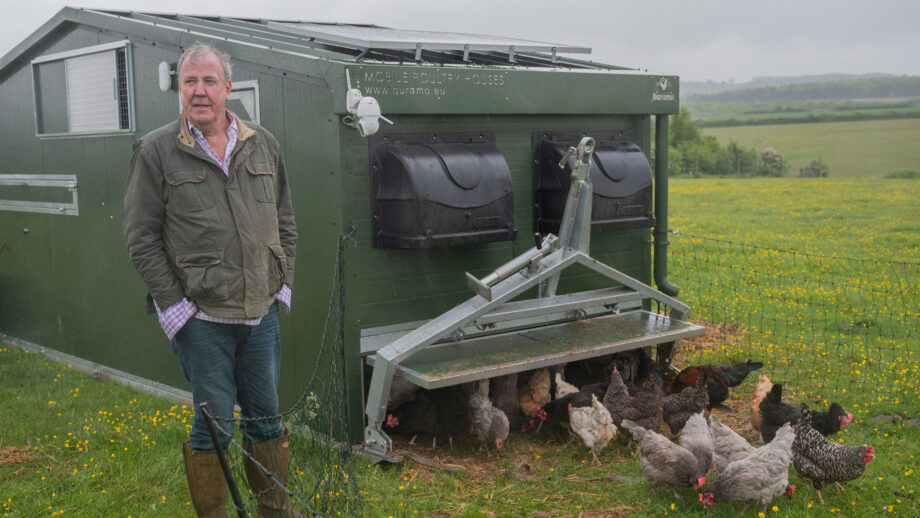
‘The equestrian world needs its own Jeremy Clarkson,’ says Pammy Hutton
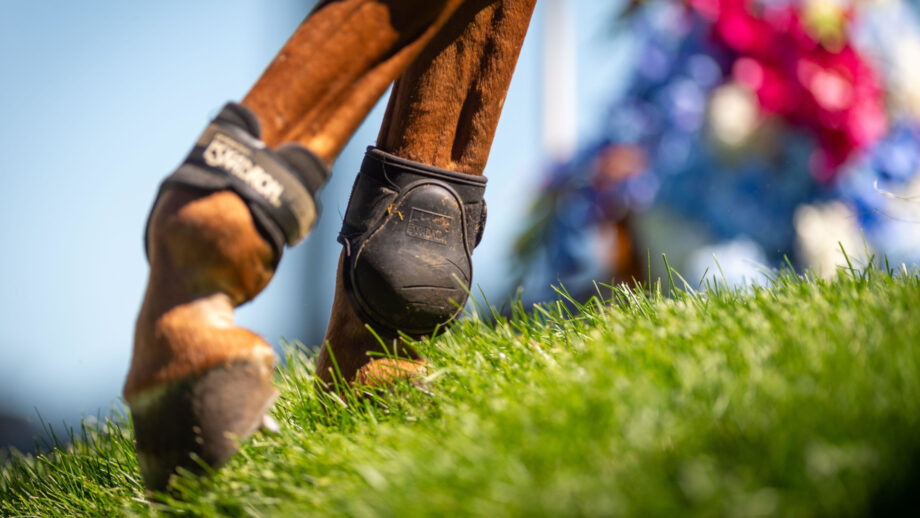
New rule for tack- or rider-induced blood proposed in showjumping

Dressage star Laura Tomlinson says: ‘We need more honesty in the sport – and a bit more fun wouldn’t hurt either’

Subscribe to Horse & Hound magazine today – and enjoy unlimited website access all year round




